
FRUITS
22-04-2023 by Leni Frau
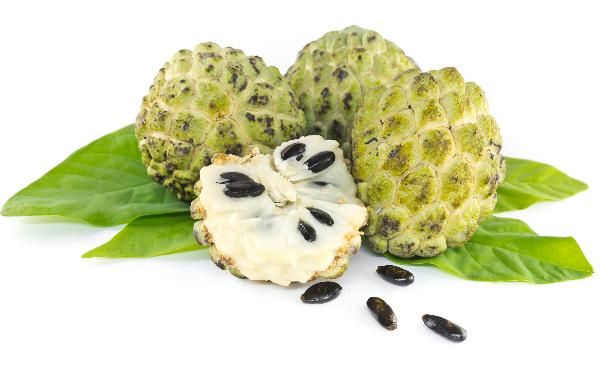
It is one of Africa's least known but healthiest fruits. In Kenya almost no one plants it but it grows mostly wild and is one of the many products that poor people use to endure hunger and whose leaves are used in traditional medicine.
We are talking about Mtomoko, or the fruit of the Annona Cirimoia (not to be confused with Annona Muricata, a plant that instead produces graviola, a similar fruit with the same properties and flavor but a different appearance).
Called "wild custard apple" in English and also mchekwa or mwitu in Kiswahili, mtomoko comes from a wild fruit tree found throughout Africa in semi-arid regions but also subhumid regions. In Kenya for example both inland from the coast and in the Lake Victoria basin. The fruit is round and can measure two to seven centimeters in diameter. Green in color when unripe, it turns yellow-orange when ripe and externally smells like pineapple. The sweet flesh surrounding many seeds is edible and is more like a vanilla apple, hence the English name. To consume this fruit, it is necessary to open it in half to get at the tasty pulp, which will turn out to be a mix of flavors that tend to be sweet. It can be savored by taking the pulp with a teaspoon. On its own or in addition to other fruits for a fruit salad, it also lends itself well to the preparation of smoothies and slushies.
The mtomoko is a fruit that holds surprises in terms of benefits but is not without its contraindications. Meanwhile, its pulp is watery and can provide a good supply of minerals, sugars and potassium, as well as having plenty of vitamin C.
The specificity of this fruit lies in the presence of a polyphenol, annonacin, which can provide antioxidant and useful properties for the body. Therefore, in susceptible or hereditarily predisposed individuals, it is also recommended to prevent the onset of cancer. Due to the presence of fiber, mtomoko is useful in promoting a laxative effect, which is helpful in cases of constipation. In addition, it also allows to reduce the absorption of cholesterol in the intestines and promote digestive processes.
There are no contraindications associated with the consumption of mtomoko pulp, but it is imperative to avoid its seeds, which, if chewed, can prove very poisonous. In some regions of South America, once crushed, for example, they are used as insecticides.
by redazione

The Sands at Nomad, an excellence in food and wine, as well as hospitality, of the Italian resort...
VEGETABLES
by Leni Frau

Often on the stalls of the local markets of the coast of Kenya find a variety of vegetables that may look like small zucchini, but then if you see it up close, with its grooves and shape slightly elongated, understand...
ENVIRONMENT
by Leni Frau
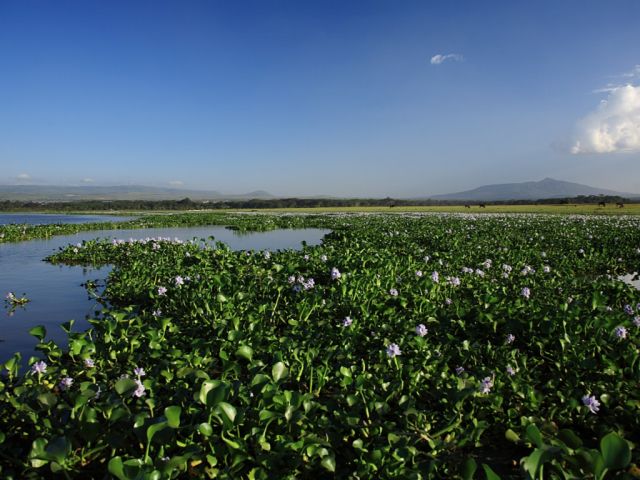
Freeing lakes from a weed that restricts fish reproduction and at the same time creating biofuel to limit...
NEWS
by redazione
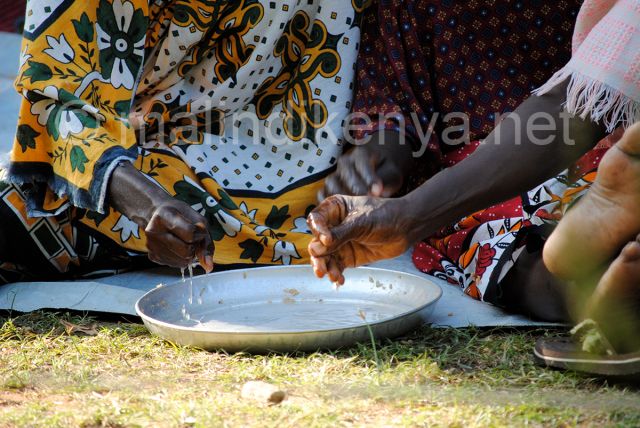
The situation is more than dramatic and in some ways appears irreversible.
Hunger has...
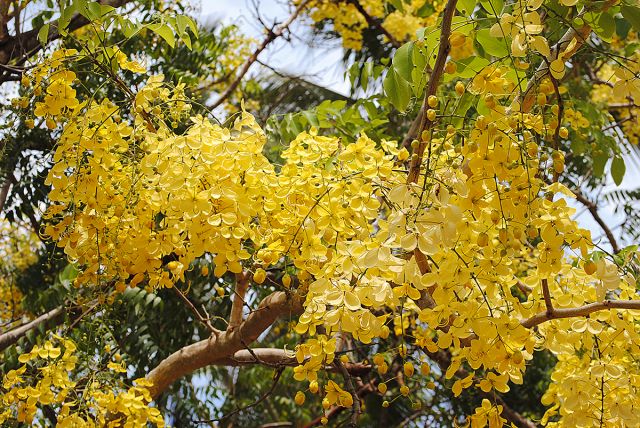
NEWS
by redazione
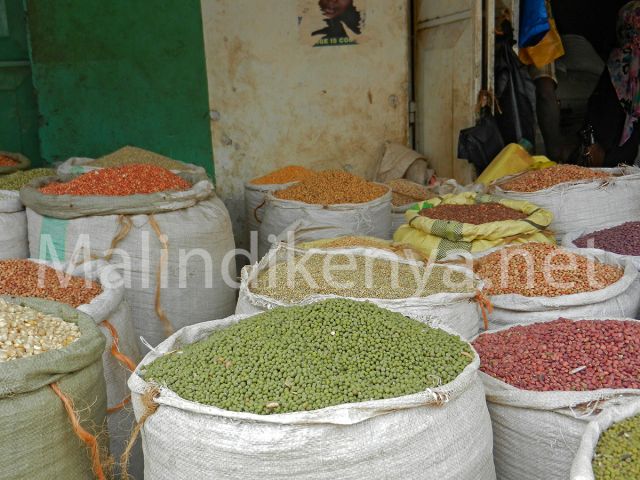
The Ministry of Trade and Industry of Kenya has decided to close all shops selling retail products or materials...
PROJECTS
by Freddie del Curatolo

There is an Italian hand in the sustainable growth of agriculture in the pastoral areas of Kenya.
The Laikipia...
ENVIRONMENT
by Leni Frau

For us at Malindikenya.net it is now unthinkable not to combine the work of information and promotion...
RESOURCE TO BE PRESERVED
by Leni Frau

Among the special features that the equatorial region of Africa and its ecosystem can offer are...
NEWS
by redazione

Malindi is increasingly united for the prevention of the Covid-19 world pandemic, which has also arrived...
INFOS
by redazione

For a few months now, the Kenyan customs authorities of Nairobi and Mombasa have been equipped with new...
FRUITS
by redazione

In Kenya they call it the fruit that protects it, but the properties of the papaya are many and not only limited to its emollient and anti-ushion properties on the body, or to the digestive, purifying and laxative properties if...